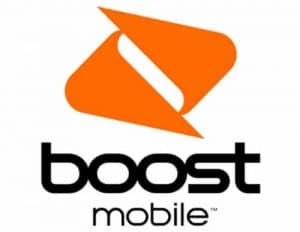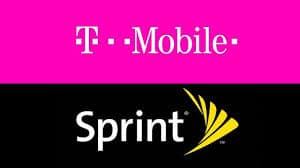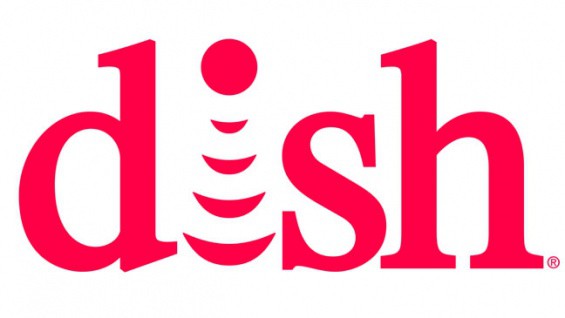 NEW YORK (Reuters) – Charter Communications submitted a proposal to the Justice Department to buy telecom assets being sold under the T-Mobile US and Sprint Corp combination, but never heard back from the agency, three sources familiar with the matter said.
NEW YORK (Reuters) – Charter Communications submitted a proposal to the Justice Department to buy telecom assets being sold under the T-Mobile US and Sprint Corp combination, but never heard back from the agency, three sources familiar with the matter said.
U.S. officials decided to accept a deal to sell assets including Sprint’s Boost Mobile brand to satellite TV provider Dish Network to resolve antitrust concerns, ending extensive talks on a merger the Justice Department is expected to approve this week.
The Justice Department’s lack of response to Charter could raise concerns among critics of the $26.5 billion merger of wireless carriers T-Mobile and Sprint that officials did not weigh all divestiture offers before deciding on a deal with Dish.
Details of the proposal were not immediately known, but sources said this week Charter had requested that there be an auction process for the divested assets.
The Justice Department declined to comment. Charter was not immediately available for comment.
Ten state attorneys general, led by New York and California and including the District of Columbia, filed a lawsuit on June 11 to stop the merger, saying it would cost their subscribers more than $4.5 billion annually. Four more states have since joined the lawsuit.
Dish emerged as the leader to acquire the prepaid phone brand Boost Mobile, which T-Mobile and Sprint are selling in order to gain regulatory approval for their merger.
Charter began offering its own mobile service called Spectrum Mobile last year, which runs on Verizon Communications’ network. It served 310,000 mobile lines as of the first quarter.
Dish, which has been stockpiling billions of dollars worth of wireless spectrum, faces a March 2020 deadline to build a product using the spectrum in order to fulfill the requirements of its licenses. It has focused on building an Internet of Things network, with the goal of eventually having a 5G wireless network.
The Federal Communications Commission has indicated it is prepared to approve the Sprint and T-Mobile merger.
Reporting by Angela Moon and Sheila Dang in New York; additional reporting by David Shepardson and Diane Bartz in Washington; editing by Chris Sanders and Leslie Adler


 Subscribe
Subscribe The Justice Department has helped engineer an approvable merger deal between T-Mobile and Sprint that will get antitrust regulators’ blessings as early as tomorrow, according to
The Justice Department has helped engineer an approvable merger deal between T-Mobile and Sprint that will get antitrust regulators’ blessings as early as tomorrow, according to  Regulators in the Trump Administration’s Justice Department claim shaving assets from a super-sized T-Mobile will preserve the competition that will be lost when Sprint becomes a part of T-Mobile. But Dish will emerge as a miniscule player with only a fraction of the 100+ million customers that AT&T and Verizon have, and at least 80 million customers signed with T-Mobile. One of the core arguments T-Mobile and Sprint made in favor of their merger was that each was too small to afford to deploy 5G service quickly and efficiently. Dish will have even less money to build out a basic 4G wireless network.
Regulators in the Trump Administration’s Justice Department claim shaving assets from a super-sized T-Mobile will preserve the competition that will be lost when Sprint becomes a part of T-Mobile. But Dish will emerge as a miniscule player with only a fraction of the 100+ million customers that AT&T and Verizon have, and at least 80 million customers signed with T-Mobile. One of the core arguments T-Mobile and Sprint made in favor of their merger was that each was too small to afford to deploy 5G service quickly and efficiently. Dish will have even less money to build out a basic 4G wireless network. WASHINGTON (Reuters) – The U.S. Justice Department would sue to block the merger of T-Mobile US Inc and Sprint Corp if the parties do not settle next week, CNBC reported on Thursday, citing sources.
WASHINGTON (Reuters) – The U.S. Justice Department would sue to block the merger of T-Mobile US Inc and Sprint Corp if the parties do not settle next week, CNBC reported on Thursday, citing sources. (Reuters) – T-Mobile US Inc is preparing an alternative plan if a deal to sell wireless assets to Dish Network Corp falls through, according to two sources familiar with the matter.
(Reuters) – T-Mobile US Inc is preparing an alternative plan if a deal to sell wireless assets to Dish Network Corp falls through, according to two sources familiar with the matter. Dish Network Corporation is in the final stages of talks to acquire assets that include valuable wireless spectrum and Sprint’s Boost Mobile brand for an estimated $6 billion, according to a report quoting anonymous sources
Dish Network Corporation is in the final stages of talks to acquire assets that include valuable wireless spectrum and Sprint’s Boost Mobile brand for an estimated $6 billion, according to a report quoting anonymous sources 